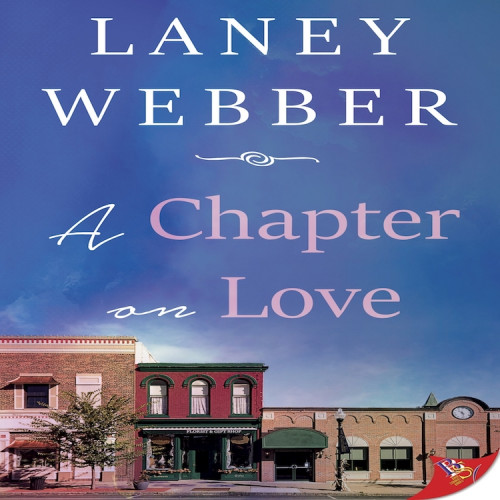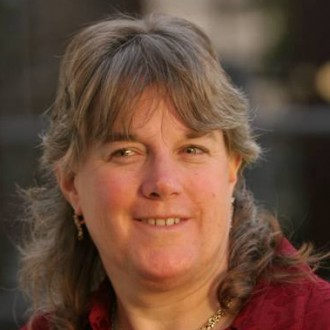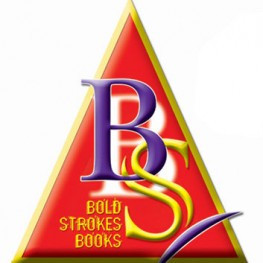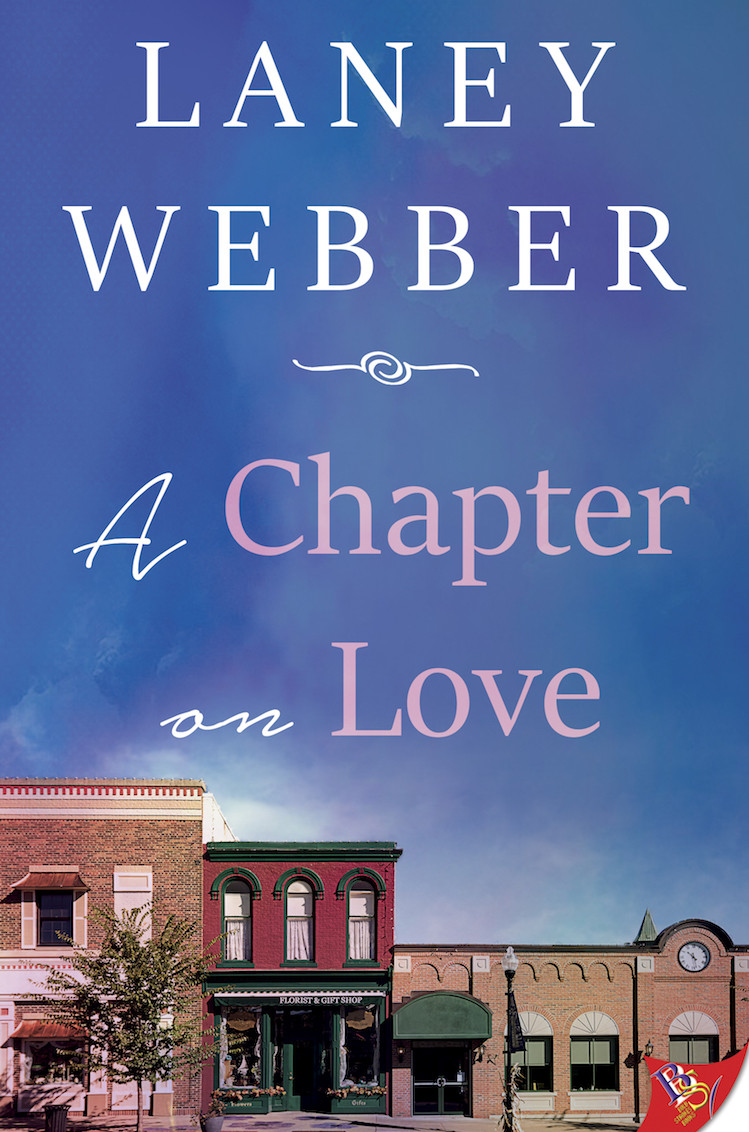Jeannie Levig interviews Laney Webber:
Hello, Laney, and thank you for joining me today to talk about your writing. First of all, a huge congratulations on your debut novel, A Chapter on Love, released this month. How does it feel to be a published novelist, and how have you celebrated the release of your first book?
Thank you, Jeannie, it’s been an exciting ride. I’ve had a few mini-celebrations with friends online and off and I’ll be attending the New England Chapter of Romance Writers of America Conference April 26 & 27 in Burlington, MA. I’ve attended before, but this time I’ll be at the Book Fair/Book Signing event Friday evening with all the other authors.
And bonus—I’ll be sharing a table with another BSB author, the lovely Jane C. Esther.
Were the editing and production parts of having your book published what you expected, or were there some surprises for you?
What surprised me the most was how much I enjoyed the editing process. It was challenging and there was a good amount of work as is often the case with first novels, but I learned so much. Editing and the tasks that go along with production use very different parts of my brain than writing the story. It was exciting.
I’m also very lucky to have Ruth Sternglantz as my editor. Can I underline very? I think we work very well together. The only thing I was unprepared for was how quickly things move once you get to the editing stage.
Most writers, it seems, have been creating stories in their minds in some fashion since childhood, but at what point did you consciously decide you wanted to become a published author? How did your writing path change from that point?
I wanted to be a published author since childhood, but that dream became someday when I have more time. Until a few years ago when a local woman in her nineties was looking for someone to help her edit and self-publish her memoir. I took her up on the offer and that was a wonderful yearlong experience. When she held her book in her hands, she told me that she had wanted to write books all her life, but she was afraid and she made excuses. Now she knew she could do it, but she didn’t have the time or the energy to publish any more of her stories. She told me to stop waiting.
You know that old Zen proverb, “When the student is ready, the teacher appears.” That moment with Helen was like that. When I left her house that day, I decided to take my writing seriously and give it the attention it deserved. I knew I needed a class or a course to help start me off and give me some accountability and self-discipline. I found the GCLS Writing Academy and spent a year learning, writing, and forming some great writing buddy relationships.
Some writers are plotters; some are pantsers. Some write a book sequentially, each scene written in the order it lands in the story, and some write scenes any way they come, then fit them all together in the end. Can you tell us a little about your writing process?
I used to think I was a total pantser, that any form of an outline restricted my creative process, but I’ve changed my mind. I work with a fairly sparse general outline of the story. I like to know in broad terms where the story is going. It helps me not take side roads and get off track. As I write, my characters reveal more of themselves to me and I incorporate what they reveal into the story.
If I’m stuck on a scene, I’ll get away from the computer and go for a walk or stack wood—usually something physical. That seems to free up my mind and ideas will float into my consciousness.
Is there anything you’d like to share about your writing style or process that we haven’t touched on?
My writing style and process is evolving. With each short story, novel, poem, or essay I write I learn more about my process. I try new things, find what works for me, and make adjustments. If I try something new and it doesn’t work for me, I drop it. Each piece of writing is a learning experience for me.
Okay, let’s get talking about this wonderful book you wrote. First, I want to tell you how much I enjoyed reading it. As a reader, I’m mainly all about characters, and I loved both Jannika and Lee. They each had interesting backstories that were very different from each other, which I thought made their conflict very rich. Can you share a little about their backstories and tell us how you came up with them?
I knew Jannika and Lee were both from Maine and met each other at camp. But they grew up very differently. Jannika is an only child who grew up with her mother and never knew her father. They never had much money and her mother was very bitter that she had Jannika at such a young age and that ruined her life. She wasn’t close to her mother, but is very close with her mother’s sister, her Aunt Gunnie who lives in New Hampshire. Aunt Gunnie brought her to the library every time they were together, and Jannika was a voracious reader and was caught recommending books to other kids in the library at a very young age.
Jannika got out of her mother’s house right after high school, went to college, and worked in Portland, Maine. She had various jobs in bookstores, and one serious relationship that ended badly. Her aunt heard of a job at the local used bookstore in Grangeton, NH, where she lived and told Jannika about it.
Leslie, who grew into being called Lee, grew up on a family farm in western Maine near a paper mill. Her mother and father are kind, hard-working, loving people and she has five siblings. She loved being in the woods and observing things in the woods. She drew inventions on big rolls of paper her father would bring home. She taught herself how to carve wood and made things for her siblings and her mother and father. She was a contemplative child.
Lee went to college and got a bachelor’s in environmental science, but all she wanted was to be outside in the woods and mountains of Maine. She took several summer jobs at various camps around Maine and later applied to work at a state park in Maine. She worked her way up to Ranger status and loved her job. She was married during this time and she and her wife were just starting to talk about whether they should have a family of their own when her wife was killed in a car accident.
She started to date about a year after the accident but nothing serious ever developed. She still loved her job as a Ranger until a knee injury from skiing made trekking in the deep woods in snow a little sketchy, and she had to transfer to another park and work in administration for a while. A friend in New Hampshire told her about a park manager job at Watts Lake State Park and she applied and got the job.
That’s a bit of their backstory.
As for how I come up with my characters, gosh, I’ve never been asked that question before. Usually I have a glimmer of a storyline and almost immediately I’ll get a visual image of the character in my mind. This might sound a little woo-woo, but I ask the character questions and they usually give me the answers. If I’m not getting a clear answer, then as I write the character in the story, the details become clearer.
Now I know this is all my imagination—I am making up the characters, but as I think of the step-by-step process, that’s how it seems to work for me.
I know in your day job you’re a librarian, which gives you something in common with one of your main characters who manages a used bookstore. I was intrigued with Janika’s ability to match up her customers with the perfect book for them. Is that a skill you also have? If so, can you talk about it some?
My favorite part of my job as a librarian is finding books for people. Whether it’s a request like, “I heard of a new book on TV some morning last week and I think it had a blue cover” or “I’m having surgery and I need some books that will take my mind off things,” learning how to ask the right questions, search for a particular book, or just use my brain’s catalog of books is so exciting and fulfilling to me.
In libraryland it’s called reader’s advisory and I always want to do that better. I thought, what if someone had a real gift for matching books with people but had trouble finding a match for her heart?
On a similar note, you bring up in A Chapter on Love the concept of a bibliotherapist and briefly explain that that isn’t what Jannika is. Could you tell us what exactly a bibliotherapist is?
A bibliotherapist is a person who recommends specific books to a person in order to help them in some way, usually with emotional or psychological issues. They are not a mental health counselor, however. The term bibliotherapist was first used by a Unitarian minister in 1916, but books have been used to help heal people for centuries.
Recently cognitive bibliotherapy has been shown to help with depression and other psychological disorders as an adjunct treatment. (Journal of Consulting and Clinical Psychology, 65(2), 324-327) And new science of brain research and study has shown that reading fiction improves brain function. (“Short and Long-Term Effects of a Novel on Connectivity in the Brain,” Brain Connectivity Journal, Dec 1, 2013).
Many librarians and booksellers practice informal bibliotherapy when they do reader’s advisory and recommend books. Jannika doesn’t think of herself as a trained bibliotherapist. She just wants to put the right book in the right reader’s hand, and she has a gift for doing that.
I think I just unveiled my librarian geek.
And what a charming geek she is. Thank you for sharing her with us LOL. Seriously, though, this is very interesting. Thank you for going into detail.
Are there any characteristics or life circumstances you share with your other main character, Lee?
I think a little bit of the writer is in all the characters I write. Like Lee, I love state parks, the mountains and hills of Maine, and camping. But my characters have bits and pieces of people I’ve known, met, or heard about throughout my life.
I loved that Jannika and Lee had already met in their youth under circumstances that prevented them from being together. Then when they meet again eighteen years later, they’re free to explore their attraction. I don’t think this question gives too much away as it’s revealed in the first chapter. Would you share this aspect of the story?
Jannika is seventeen when she meets one of the new camp counselors at her last summer at Girl Scout Camp. She develops a huge crush on Lee, and even though she flirts and teases with her, Lee is eight years older and on staff at the camp and takes that role very seriously. Nothing happens between them, but Lee never forgets that girl, and Jannika still daydreams (and nightdreams, if you know what I mean) about her Leslie from camp.
Did you have a camp crush when you were younger? Or perhaps you were a camp counselor? :)
<smile> I went to Girl Scout Camp when I was in grade school. I was too young to have the kind of crush Jannika had on Lee, but my camp counselor fascinated me. She knew how to build a fire, split wood, fix the bathroom door, and shoot some hoops when she wasn’t on duty. I wanted to be just like her when I grew up.
I absolutely loved one of your secondary characters—Sarah, Jannika’s assistant in the bookstore. I really enjoyed her free spirit and her treks down the path less followed, so to speak. Is there any chance she might get her own book at some point?
Sarah was fun to write. Sorry to disappoint you, but Sarah doesn’t identify as bi or lesbian so she won’t be getting her own lesfic book. Although she did have that one experience a couple of years ago…
Is there anything else you’d like to talk about regarding A Chapter on Love?
Writing my first book was one of the most exciting, challenging, and fun experiences of my life. A Chapter on Loveis all about finding that “fits perfect” match, and I feel like I found my perfect match in publishing with Bold Strokes Books. The entire experience has been positive. My only regret is that I waited so long to do it.
Do you have anything else in the works? If so, what is it, and when can we expect it?
I’m working on my second book, The Real Thing, which will be out in December 2019. This novel is about a woman who lives in rural Vermont where she needs to ride into town to have internet and cell service. She’s been there over a year and is lonely. She decides to use a dating app. But she is catfished by someone using the photograph of a recently gone viral lesbian web series actress. She is very upset and contacts the dating app to let them know and tries to contact Geena the actress to let her know someone is using her photo as bait.
Romantic hijinks ensue.
I make Pinterest boards when I’m working on a book and these are public so folks can take a look and get a visual preview of the story!
And one last random question about you, just for fun. What’s the most planning you’ve ever put into a romantic event? Did it pay off?
That would have to be my wedding. Just picture a librarian planning a wedding—I had the three-ring binder, calendars, timetables, and everything. It totally paid off. It was the most romantic day of my life. I love women loving women stories with happily ever afters—it’s why I write and read romance.
Laney, thank you so much for taking the time to share yourself and your new book, A Chapter on Love, with our wonderful Bold Strokes family of readers, writers, editors, and all the amazing BSB folks who make our books possible.



